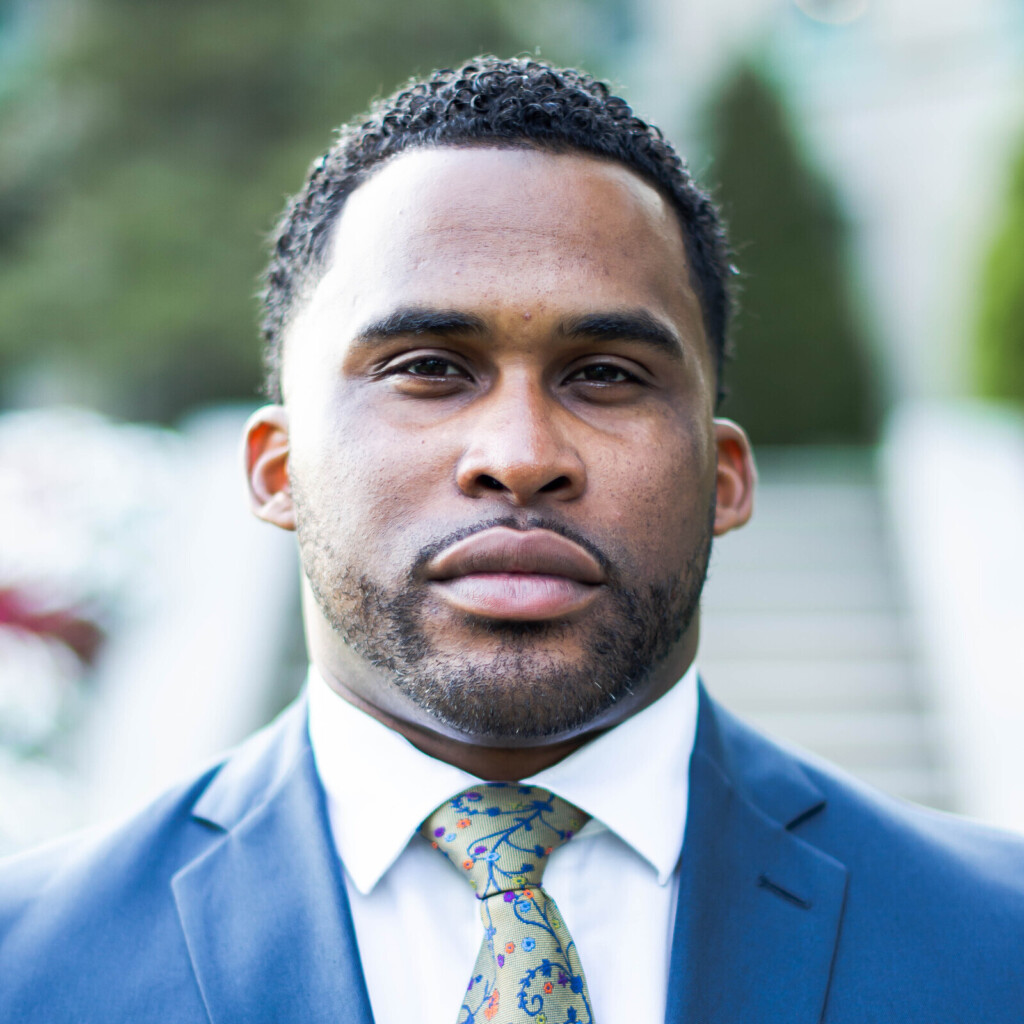The Leaders of Color initiative supports the education and empowerment of Black and Brown communities. With the help of training and resources, minorities are able to excel in the political realm as well as combating social issues unique to the local communities’ cultural experiences. By coming together through local chapters members can do their part to change the cultural narrative and provide a much-needed voice for those underrepresented in society. Michael Bland, the national director of The Leaders of Color, explains how the program has changed lives and why it’s important to be unified in our endeavors to create change.
Can you give us a bit of background information on what the Education Reform Now Program is and how its to beneficial minorities?
Education Reform now has a program called Leaders of Color. Our Leaders of Color program is built and designed to help Black and Brown folks enter the space of education and education reform through change, advocacy and electoral work. For example, we have three locations in Memphis, New York and New Orleans right now. We go to our cohorts [which are] about 15 to 20 people and we prepare them to run for office. It’s important to have adequate representation when we’re trying to force change, and one of the biggest changes that we could have an impact on is our educational system. That’s the main point of how our program is beneficial to people of color.
What unique services or resources does the program provide?
We have our training advocacy that we train our folks largely again on education, education reform, equity and choice. We educate them on access to education and what they can change in the education space. When we switched over our training curriculum, we trained our folks on how to run for office. For example, one of our candidates, whose name is Kristy Sullivan, is running for office. She’s running a good campaign. She’s taken all the tools that we’ve taught her over 70 hours. Our training program is over 70 hours and stretches across six months. Then on the back end, we provide what they call an independent expenditure. I think that right there is a game-changer.
What is your goal, mission, or vision for this program?
I think the long-term vision is that this program is going to be sustainable for the foreseeable future. Hopefully, Brown folks start to own their non-profits and CMOs to benefit their community. I think the biggest dream that I have as far as internally and externally is to start to build out what it means to be a collective and an influencer in our community.
We want to be able to build leaders out of our program. So we can have the majority on the city council, board of ed, the board of commission and board of estimates. These should be people who represent their community. We’re approaching a hundred fellows in Memphis. We have eight fellows running for office in Memphis and seven fellows who will be running and competing in the upcoming school board elections in New Orleans. We’re building leaders in our organization to compensate for that work. In New York, we have 15 people who are in our program. Building this massive bridge, we have over 40 alumni. So imagine what that looks like in five years.
In regards to the state chapters, how can we come together collectively in our racial narrative?
We want to be able to work as a cohesive unit. We’re in New Orleans, Memphis, and New York. If you’re going to listen to the top 10 cities, I guarantee those three are the cities that are the most impactful. And those are the communities that need leadership that looks like us. I would like to see a youthful presence that can reach from the sectors across the country. I’m going beyond being Twitter warriors. So imagine if you have a counterpart in New York City who’s dealing with similar issues. You almost have what I guess I like to call a sister city where you can bounce ideas back and forth, invoke substantial change or substantial resolutions that can impact black and brown folks. So we’re looking for our organization to intersect at a large point geographically.
What would you like our readers to know about your Leaders of Color group?
We’re spending over 70 hours in fellowship that is free to fellows. We have a robust recruiting mechanism where we’re recruiting pastors and AAU coaches who have an impact on so many kids. We’re looking for local ministers and partnering with other groups. We’re looking for people who want somebody that says, I want to do that. Just show me how to do it, and I know I can invoke change.
We have taken a solution and we’ve thought about what our problems were. Where do we see the divides and the communities who need this large impact? We want folks to understand that we’re here and we’re doing the work. So let’s make investments into our community. Let’s make investments for our future. You know, building candidates that can be fruitful to not only our youth but to our future.
If someone was considering joining a state chapter, how could they hope to make a difference by coming onboard?
We really try to invoke a landscape analysis or really capture a landscape analysis so we can measure our impact. We want to be able to empower people of color to take over their own communities. We just want to be that vehicle to help provide the tools to be able to do that. We have to raise money. So that’s why we encourage folks on a grassroots level to invest in us, invest in the program. I’m looking for leaders all across the country and particularly black philanthropy.
To learn more about the program, please visit Leaders of Color Initiative.




